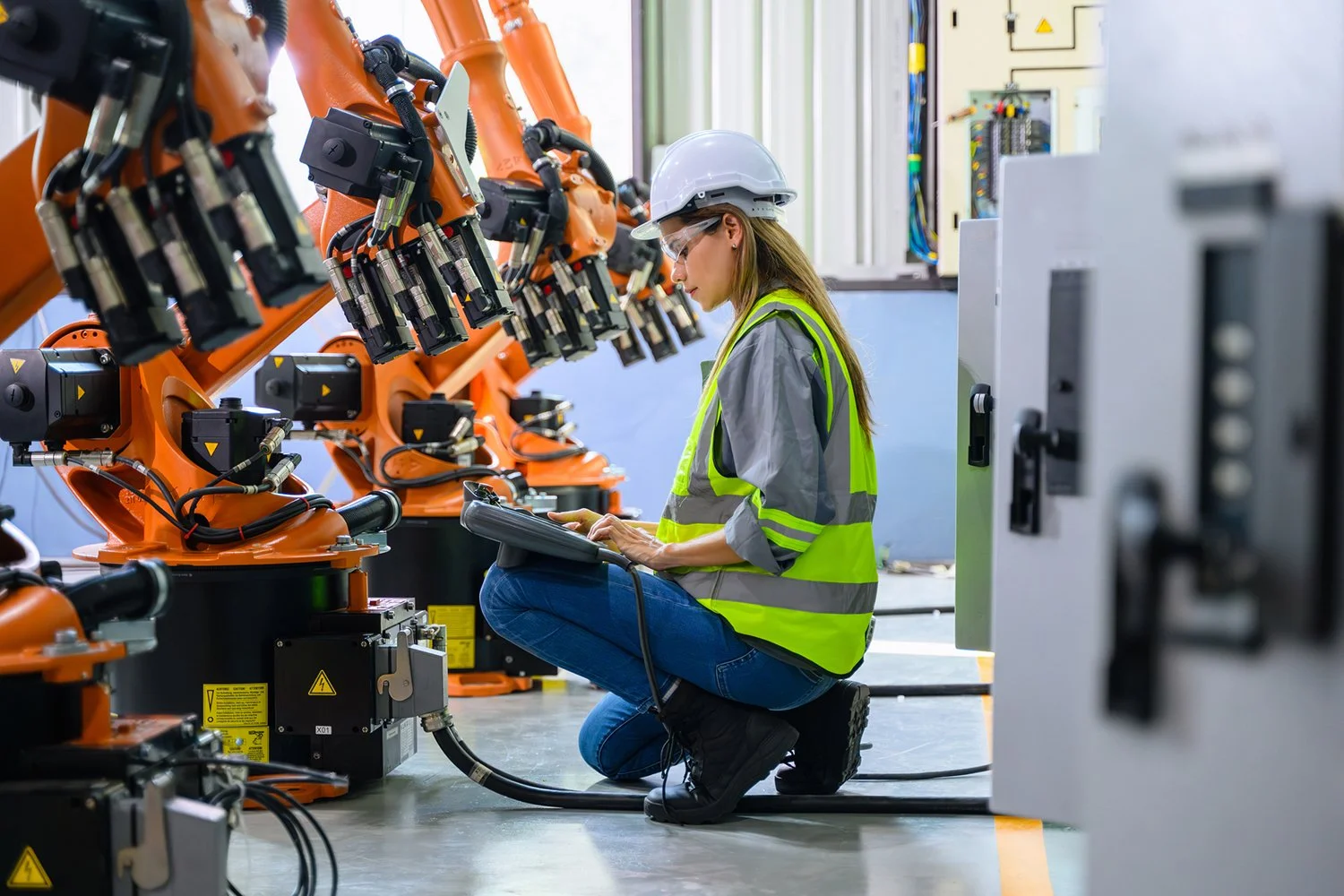Stop rolling the dice.
Start stacking your bench.
Tired of gambling on bad hires? JSK Recruiting ensures you get reliable, vetted candidates for your manufacturing operations, distribution, supply chain, maintenance and engineering.
Testimonials
Keep gambling on resumes, and you’ll keep getting burned. Unfilled roles and unreliable hires drain your bottom line. JSK Recruiting helps you stop reacting – and start building a team you can count on.

🌭 That’s like serving 600 Chicago-Style Hot Dogs—and 588 people asking for seconds.
Looking to hire talent in the Chicago area? JSK Recruiting is rooted in Chicago and trusted across the Midwest and beyond.
Keep your operations running smoothly.
If you’ve sifted through a stack of half-qualified resumes, you know how frustrating hiring can be. With JSK, it’s different. We take the pressure off, keep you in the loop, and deliver candidates who are ready to work.
Tell us what’s missing.
We get clear on the gaps in your team, and what a dependable hire looks like in your environment.
We handle the moving parts.
You won’t juggle job posts, interviews, or inbox clutter. We manage the process and bring you serious candidates.
Plug in and power up.
Once you’ve found the right fit, we help you seal the deal – so your new hire gets to work, fast.
Testimonials
Built for busy teams who can’t afford to waste time.
If you’ve been burned by recruiters who ghost, overpromise, or flood your inbox with the wrong resumes – you’re not alone. We’ve heard it before, and we’ve built our entire approach to be the opposite of that.
With a dedicated team of 10 full-time recruiters, JSK gives your roles the attention they deserve. We move fast, communicate clearly, and bring you vetted candidates who actually show up, fit in, and stick around.

VETERANS
Candidates built for supply chain and manufacturing. Proven in service.
At JSK Recruiting, we believe veteran hires are some of the strongest long-term fits in manufacturing operations and supply chain.
They bring discipline, technical skill, and leadership experience – plus companies may qualify for up to $9,600 in tax credits through the Work Opportunity Tax Credit (WOTC). That’s why we take special care to identify veteran candidates who are ready to lead, learn, and grow with your operation.
The right hire.
Without the runaround.
If you’ve been burned by recruiters who ghost, overpromise, or flood your inbox with the wrong resumes – you’re not alone. We’ve heard it before, and we’ve built our entire approach to be the opposite of that.
With a dedicated team of 10 full-time recruiters, JSK gives your roles the attention they deserve. We move fast, communicate clearly, and bring you vetted candidates who actually show up, fit in, and stick around.
FAQs
-
We specialize in recruiting for manufacturing operations, supply chain, distribution, maintenance, engineering and quality. Our team has placed candidates at every level of these functions—from hands-on technical roles to leadership positions.
Typical titles include:
Operations & Production: Production supervisors, production managers, plant managers, directors of operations
Supply Chain & Distribution: Supply chain analysts, demand planners, logistics coordinators, distribution managers
Engineering: Process engineers, project engineers, quality engineers
Maintenance & Technical: Maintenance mechanics, maintenance technicians, reliability engineers
Quality: Food Safety Managers / Directors, Quality Assurance Managers / Directors, Sanitation Supervisors, Managers, Directors, EHS
If your role touches operations, supply chain, or production, chances are we’ve filled it before—and know how to find the right fit quickly.
-
In many cases, we’re already talking to the right people. Most clients see strong candidates within days, not weeks. We move fast because your roles can’t sit empty.
-
Yes. We don’t skim your job description and guess. We dig in. We ask the right questions, get to know your floor, your team, your culture, and then we send you real fits, not resume spam.
-
No ghosting. No resume dumps. We’re a team of 10 full-time recruiters focused on operations, supply chain, maintenance, and distribution – especially in food, CPG, and manufacturing. Every candidate we send is vetted, aligned with your role, and wants the job. You won’t waste time chasing unmotivated applicants.
-
That depends on the role – but our goal is to send 3 to 5 strong candidates, all ready to interview. You’ll move quickly, and your only challenge will be choosing between two great fits.
-
Absolutely. The cost of an empty seat – or worse, a bad hire – adds up fast. That’s why JSK candidates stick, lead, and last. We fact-check every resume, verify references, and make sure who you see is who you get no surprises.
We stand behind our work: if a JSK placement leaves or gets promoted within 5 years, we offer a 10% discount on your next hire for that role. That’s how confident we are in the quality and longevity of our candidates.





